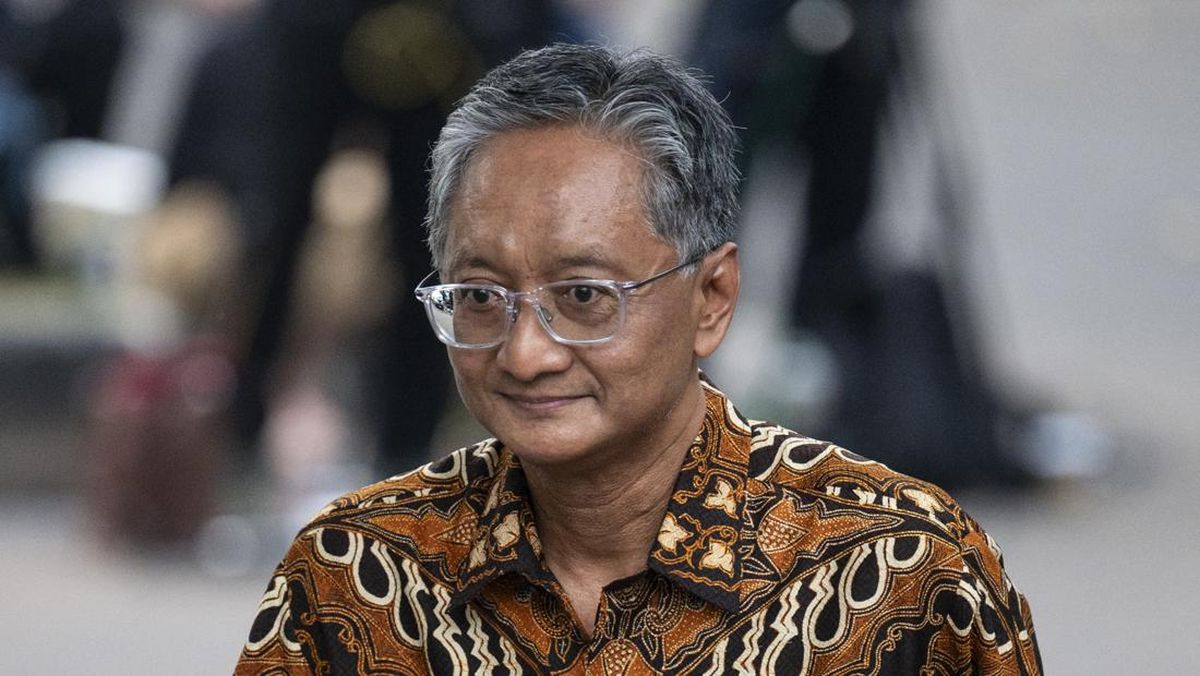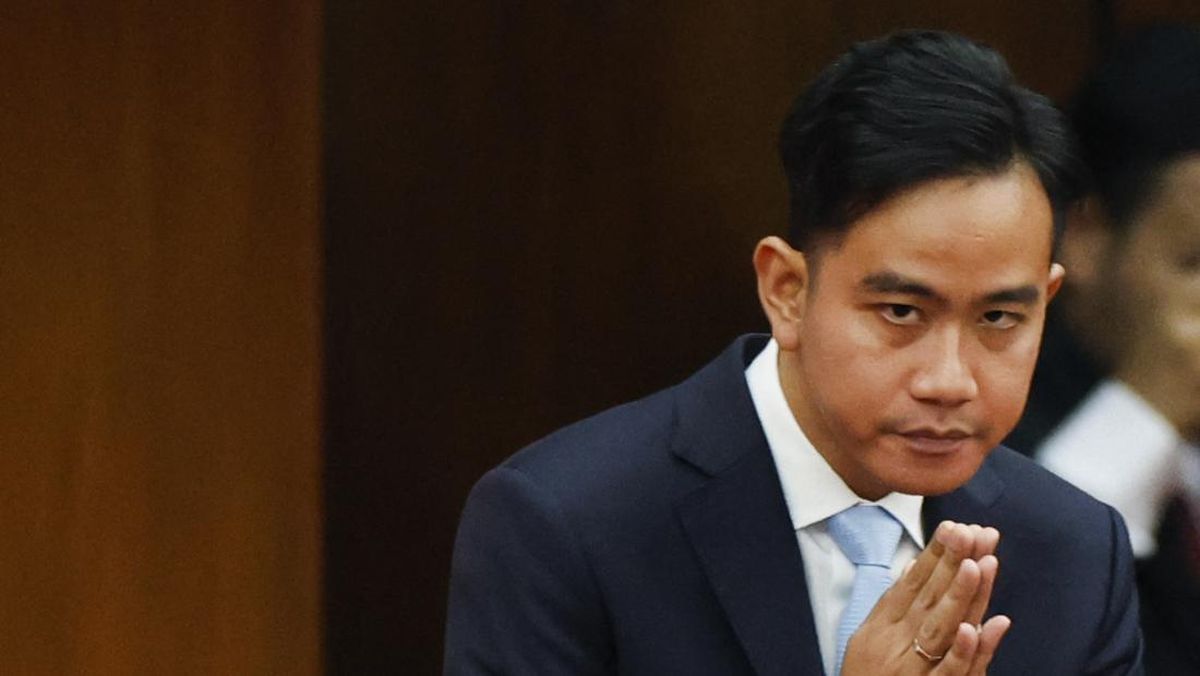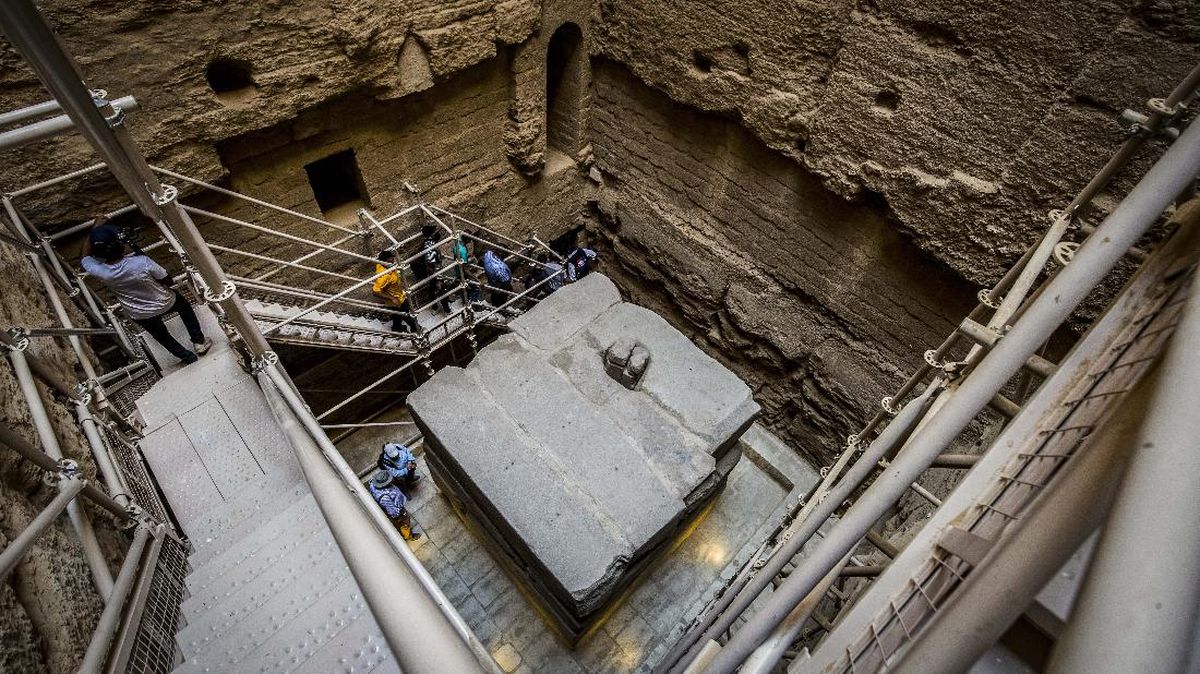It was during his surgical training that Tom Kelly realised something was deeply broken in the healthcare system. “In outpatient clinics you’d have three or four doctors seeing a hundred patients in a few hours,” he recalls. “So much of the work was just getting through paperwork – figuring out what tests had been done, writing letters, filling in forms. All of it got in the way of actually doing what we were trained to do: making a diagnosis and treating the patient.”
Rather than accept that mountain of admin as inevitable, Kelly did something unusual for a junior doctor: he pressed pause on his surgical career and founded a tech start-up.
That gamble is paying off.

Heidi Health co-founder Thomas Kelly.Credit: Heidi Health.
The Melbourne-based doctor is chief executive of Heidi Health, which has just closed a $US65 million ($98.5 million) Series B funding round led by Point72 Private Investments and backed by Blackbird, Headline and LocalGlobe. The raise values Heidi at nearly half a billion US dollars and cements its reputation as one of Australia’s fastest-rising health tech companies.
The pitch is simple: Heidi acts as an AI “care partner”, handling the grunt work of medicine so that doctors can focus on treatment. The platform automatically writes clinical notes, pulls up past records, checks evidence, and even manages patient follow-ups.
“If you’re using Heidi, you should be able to delegate pretty much all of the administrative work that comes with providing care,” Kelly said in an interview. “That means you can make eye contact with patients, actually have a genuine conversation, and leave work on time without hours of paper work waiting for you.”

Doctors have warned of critical workforce shortages.Credit: Getty
For a system buckling under workforce shortages, the timing couldn’t be more critical. Kelly points to research showing clinicians spend nearly as much time on administration as they do on patient care. In less than two years, Heidi says it has already saved doctors almost 20 million hours of busywork – the equivalent of putting thousands of extra clinicians back on the frontline.
It comes as Australia, like much of the world, is facing an exodus of exhausted doctors and nurses. “When you’re constantly working long hours, always feeling like you’re behind, you end up leaving the workforce,” Kelly says. “We’ve had people come back into medicine because of Heidi. Some tell us they can finally get home in time to put their kids to bed. Others say they’re able to see more patients in a shift, which helps the whole system.”
Of course, not all doctors adopt new technology lightly. “Everything in healthcare comes with a healthy dose of scepticism,” Kelly says. “Clinicians want to be absolutely sure their tools are safe, that they protect patient data, and that they don’t compromise quality of care.” To win them over, Heidi designed its onboarding so doctors can trial the system privately, feeding it tricky cases to see how it performs.
Loading
“Usually their first reaction is: holy shit, I can’t believe how good this is,” Kelly says.
That response has fuelled explosive growth. Since launching in February 2024, Heidi has been used in more than 73 million patient consultations across 116 countries, including over 800,000 consults every week in Australia alone. Locally, it’s now embedded in Monash Health and Queensland Children’s Hospital, with international deployments from the NHS in the UK to Beth Israel Lahey in the US.
Professor Paul Middleton, senior specialist in pre-hospital and emergency medicine, says that key technologies like AI will ease the forthcoming strain.
“Patients will receive a vastly different experience [in the future] and medical teams will focus on providing high-quality healthcare,” he says. “Bedside real-time analytics, modelling and geolocation, assessing epidemiology of disease on a local basis to address prevalence, orders for tests and scans, and patient transfers will all be powered by AI.”
Heidi Health hasn’t had an entirely smooth ride. In 2023, when OpenAI released GPT-4, the entire premise of building Heidi’s own medical language models was suddenly upended. “We’d spent years building our own tech, then overnight, anyone could launch a competitor,” Kelly says.

Blackbird Ventures partners Phoebe Harrop, Tom Humphrey and Michael Tolo.Credit: Blackbird
The company responded by tearing up its business model, laying off 60 per cent of staff, and pivoting to a free, product-led approach. Generating a single note cost between 50 cents and a dollar at the time. “It turned out what really matters isn’t the AI itself. It’s the product experience and whether doctors actually want to use it.”
With fresh funding, Heidi now plans to double its headcount, expand in the US, UK and Canada, and continue building features like automated evidence search and patient follow-up calls.
Investors are bullish. Blackbird investor Michael Tolo says Heidi has the potential to be one of Australia’s most important exports. “Heidi is showing us what it looks like when Australia builds a healthcare company with truly global scale,” he says.
“Founded in Melbourne, the product already supports millions of consults every week in over 100 countries, but this is just the beginning. The administrative burden in healthcare is a trillion-dollar problem, and Heidi has a clear line of sight to being the defining company in solving it.
“If they succeed, Heidi won’t just be one of Australia’s great technology companies – it will be one of the great healthcare companies, full stop.”
Get news and reviews on technology, gadgets and gaming in our Technology newsletter. Sign up to receive it every Friday.
Most Viewed in Technology
Loading


















































